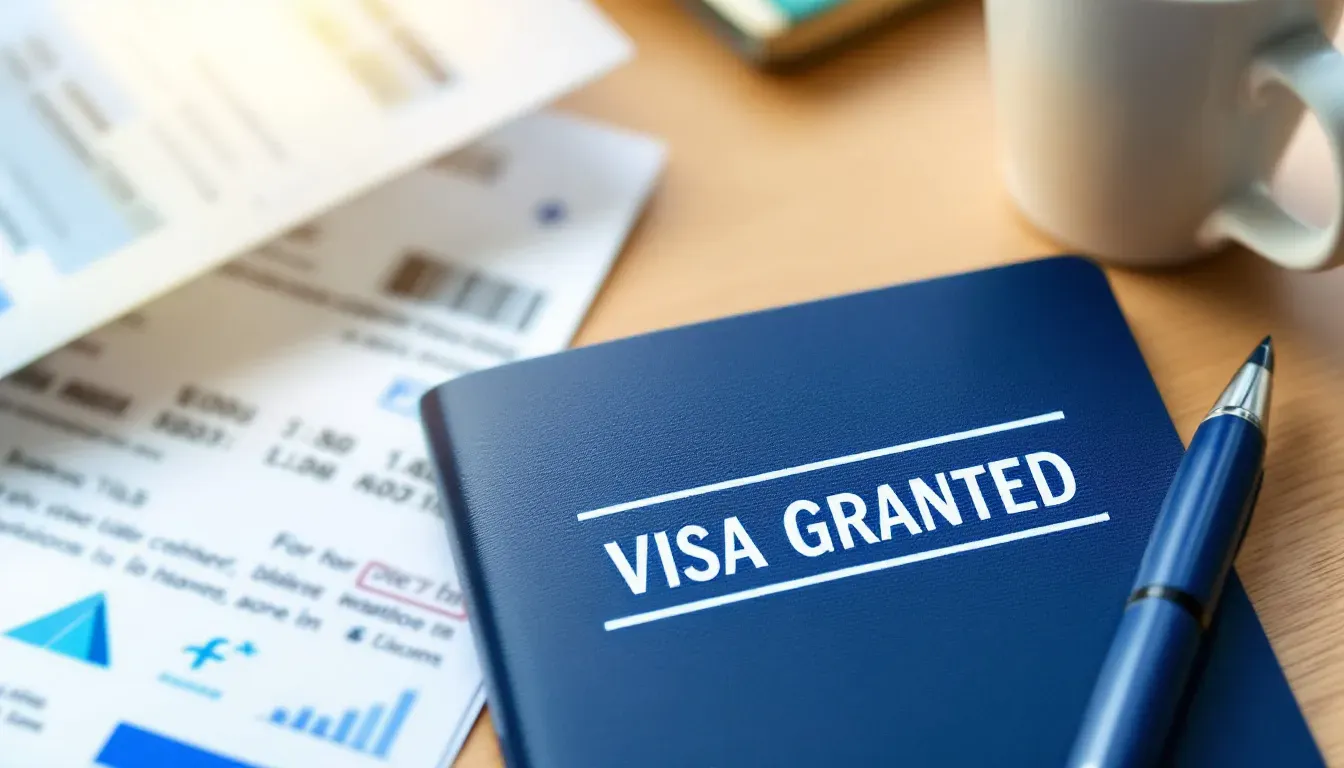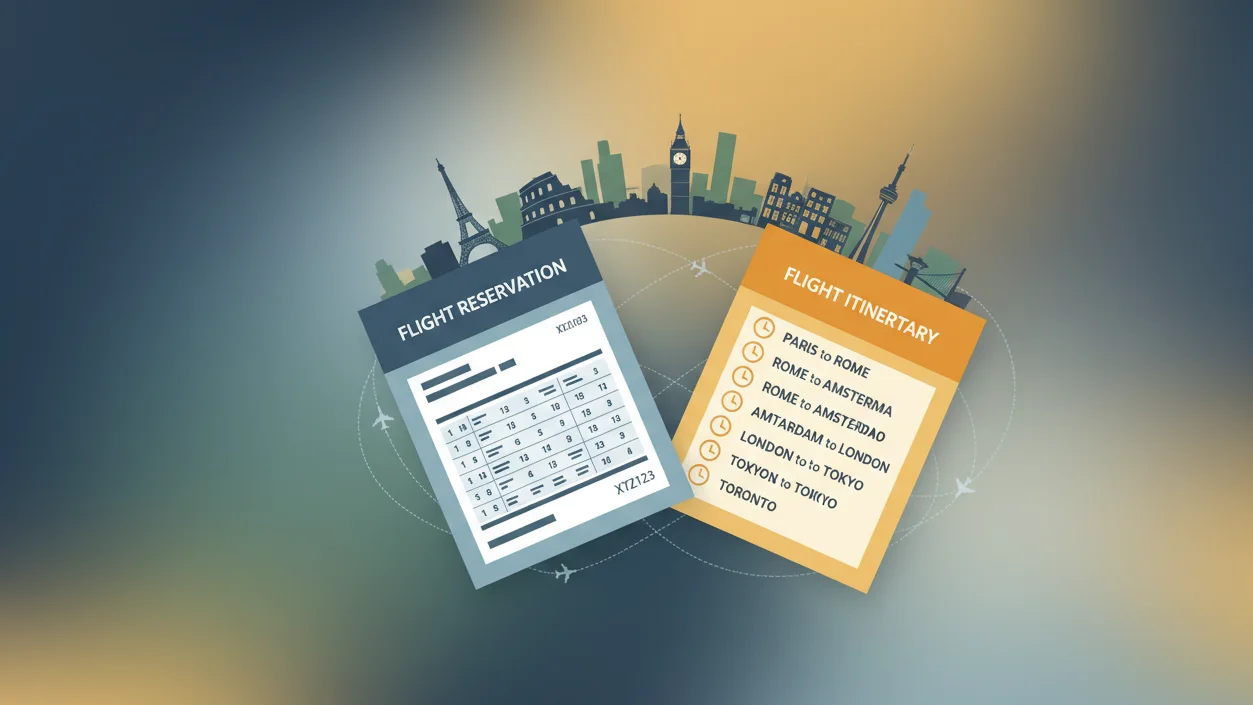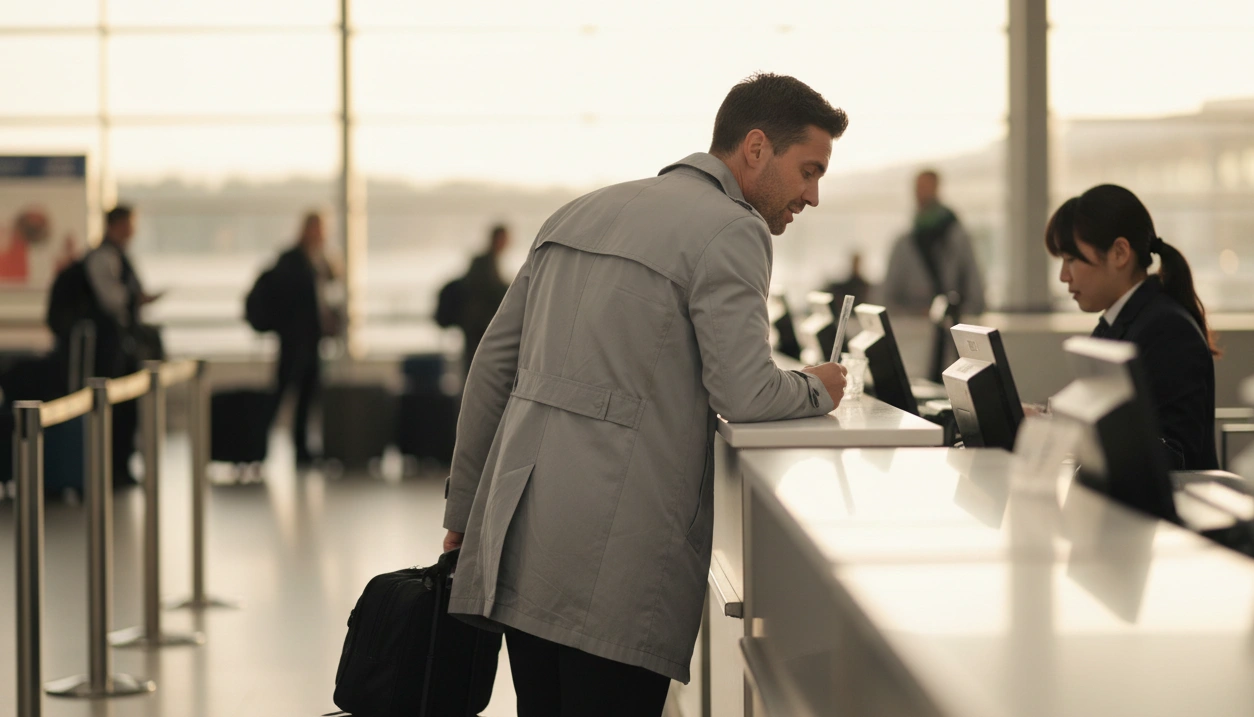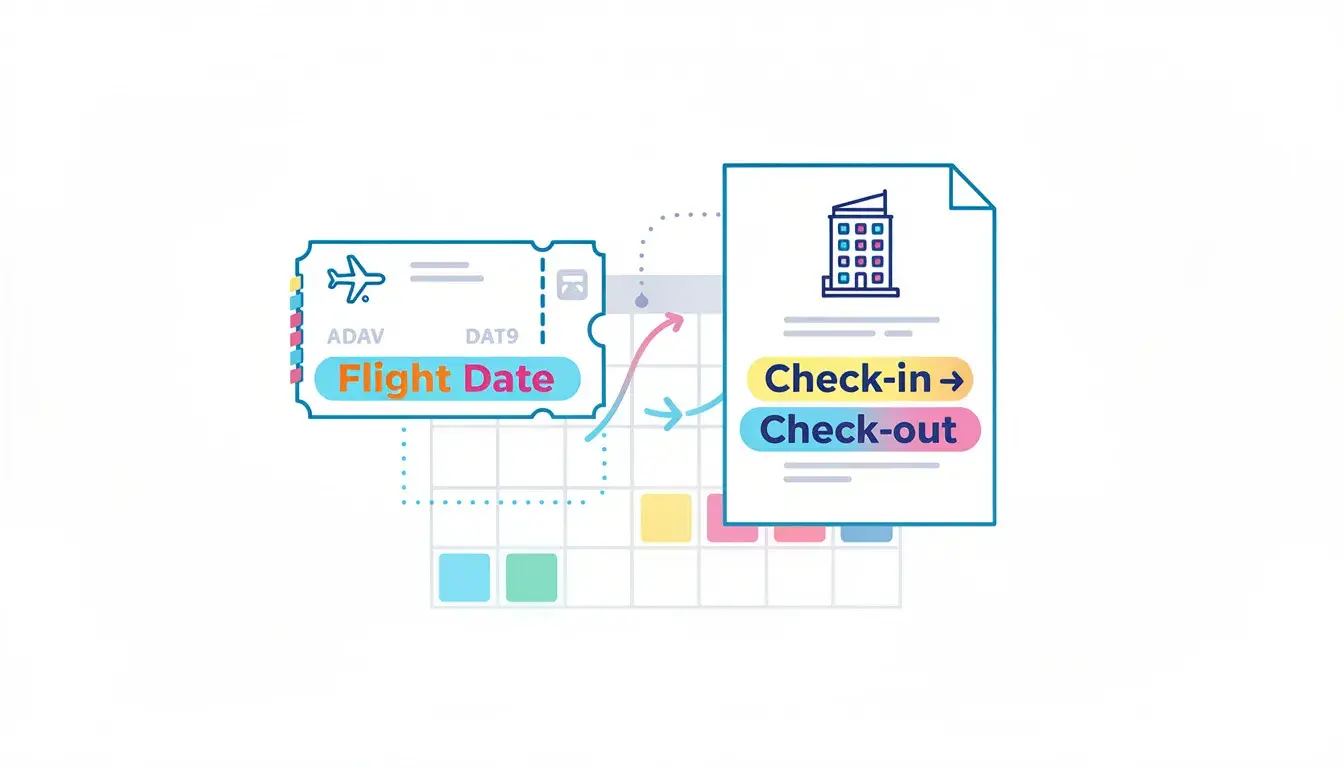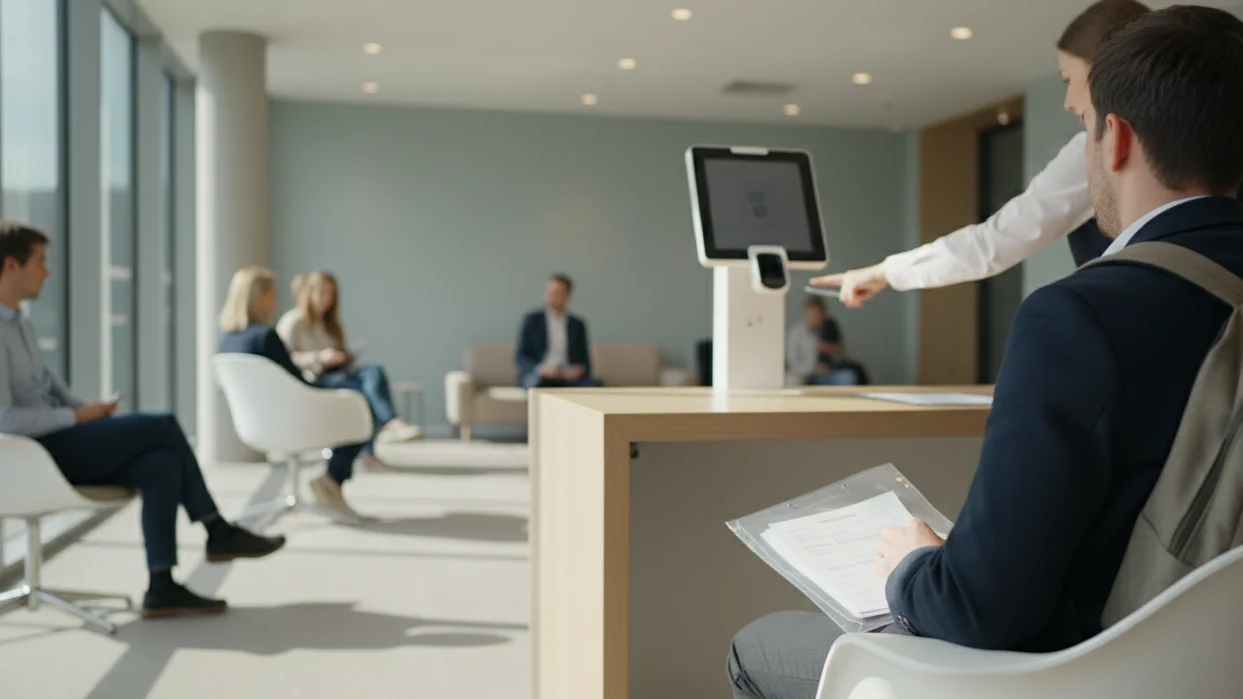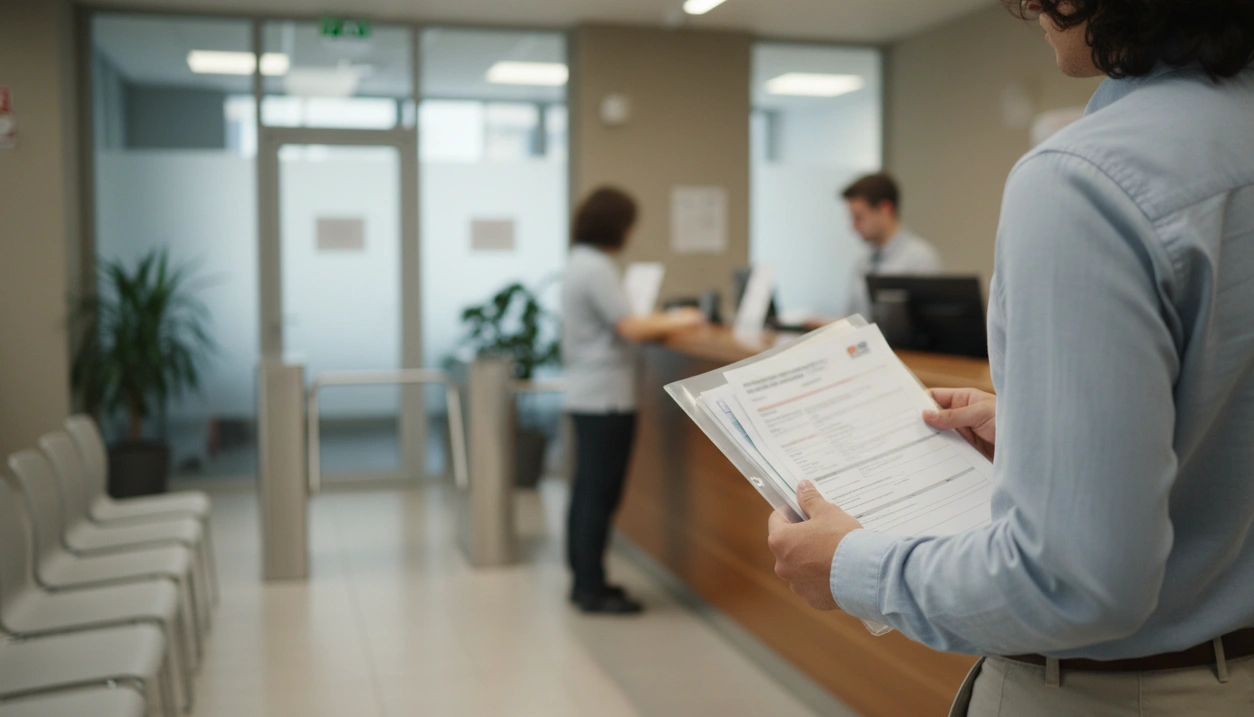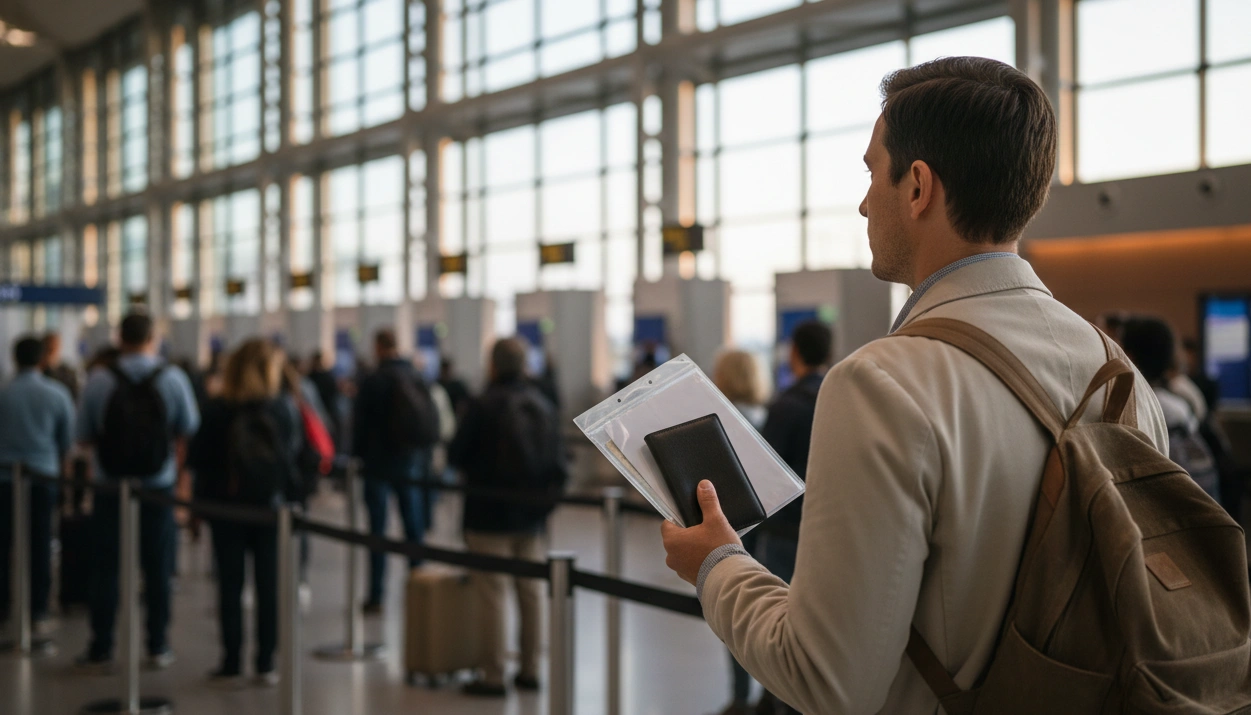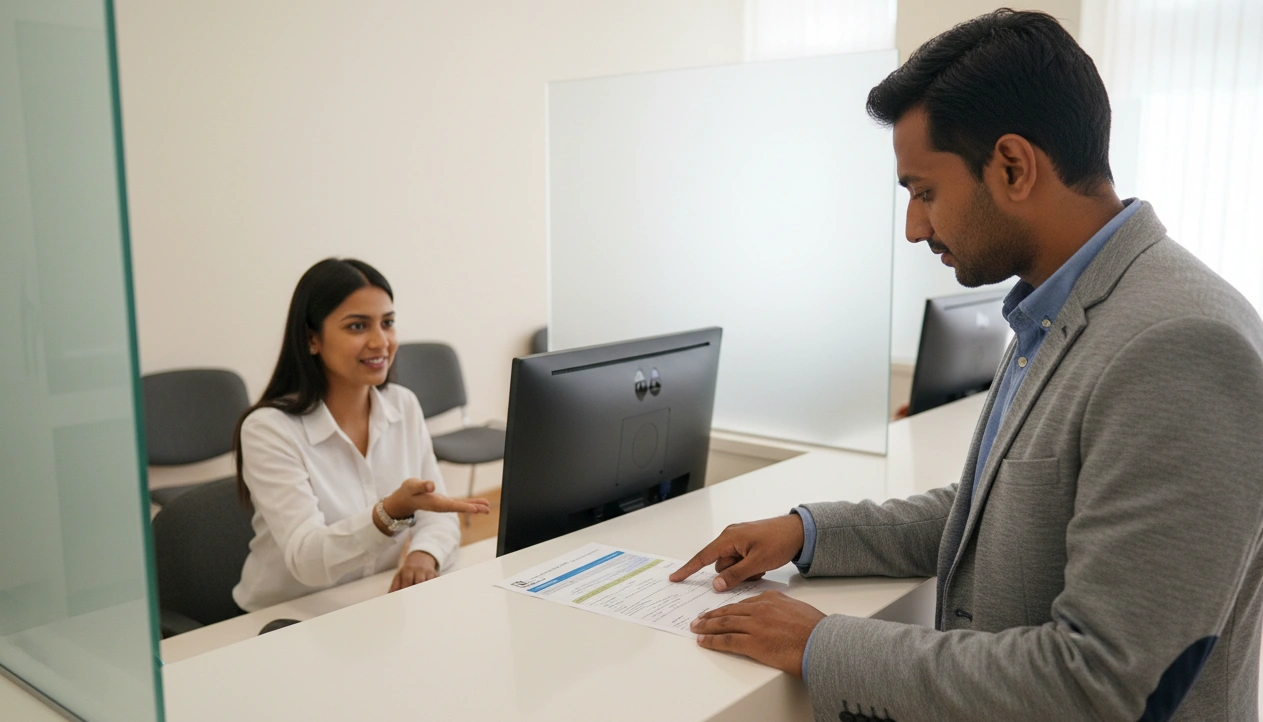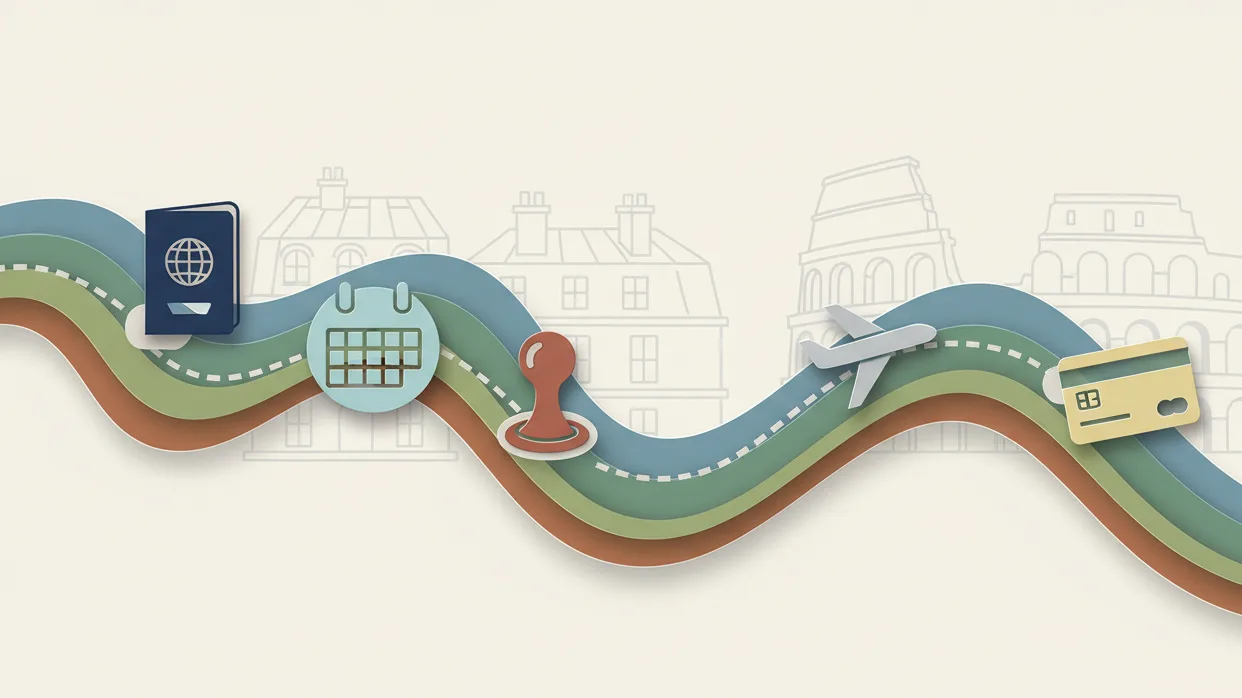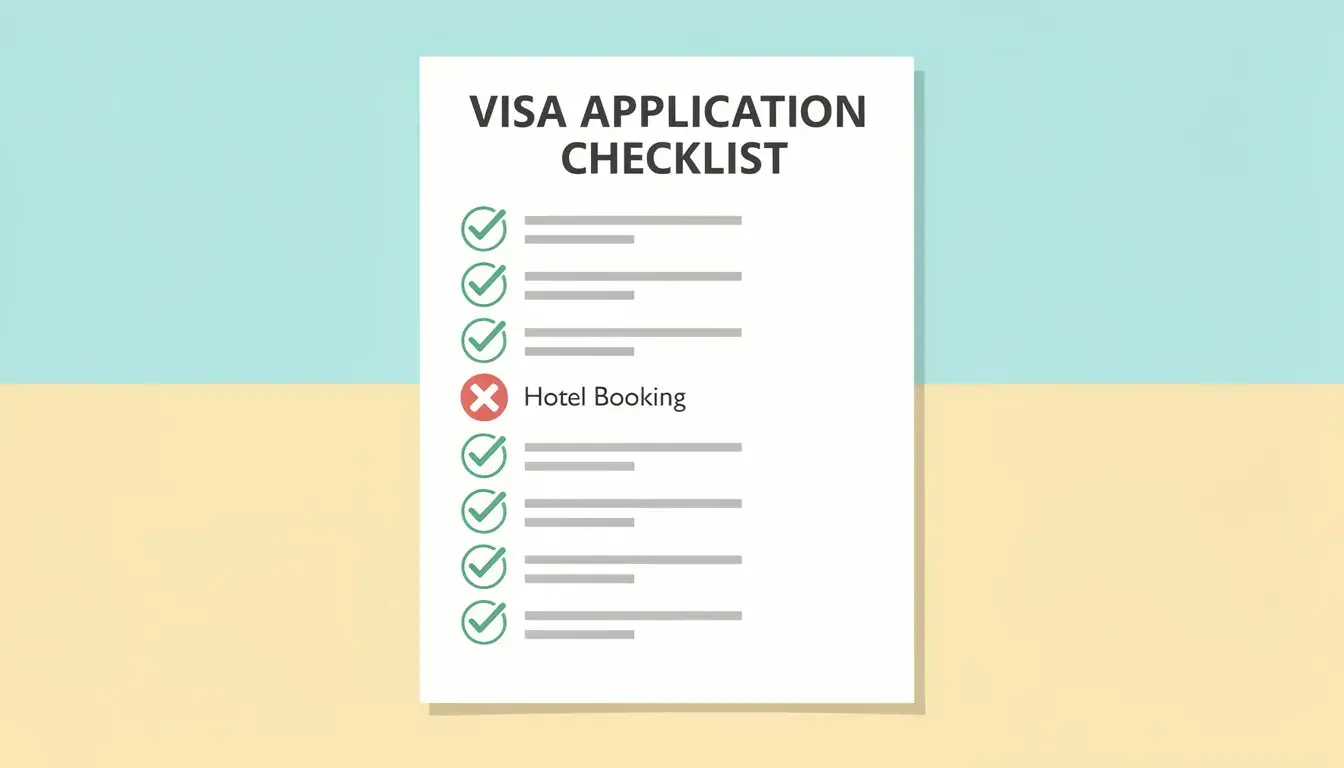Why Embassies Ask for a Dummy Ticket
Visa applications are stressful enough. Now, embassies want proof that you’ve already booked your flight. But here’s the problem:
Dummy ticket for visa is essential for travelers in 2026—avoid visa rejections and save hundreds by using a verifiable one instead of buying full flight tickets upfront. 🌍 It proves your entry/exit intent clearly, matching embassy requirements without unnecessary financial risk. As of 2026, many embassies continue to accept dummy flight reservations as valid proof for visa processing, aligning with updated guidelines to protect applicants from unnecessary expenses.
Get a professional, PNR-verified dummy ticket for visa to streamline your application, ensure date/name accuracy, and boost approval odds. Pro Tip: Always cross-check with your passport and hotel bookings for zero mismatches! 👉 Order yours now and travel stress-free.
Last updated: January 2026 — Verified against the latest consular guidelines, IATA standards, and real traveler feedback.
Table of Contents
- What Exactly Is a Dummy Ticket?
- Why Embassies Ask for a Dummy Ticket
- It’s a Standard Requirement in Many Countries
- It’s Also Useful Beyond Visa Applications
- Dummy Ticket vs. Real Flight Ticket
- Dummy Ticket vs. Fake Ticket
- Is a Dummy Flight Ticket Legal?
- When You Actually Need a Dummy Ticket
- What Does a Dummy Ticket Include?
- How Long Is a Dummy Ticket Valid?
- Can Airlines or Embassies Verify Dummy Tickets?
- How Dummy Tickets Save You Money and Stress
- Warning Signs of Scam or Fake Dummy Tickets
- Can You Modify or Reuse a Dummy Ticket?
- Travel Smarter With Dummy Tickets
- Dummy Tickets: Commonly Asked Questions
You haven’t even gotten the visa yet. So why spend hundreds on a real ticket you might not use?
You shouldn’t have to. And honestly, you don’t need to.
That’s why dummy tickets exist. A dummy ticket is a smart workaround. It looks like a booked flight.
It includes real airline details—your name, flight number, and travel dates. But you don’t actually pay for the flight. You don’t fly on it. You just use it to prove your travel intent. If you're searching for a reliable option, sites like DummyFlights.com can provide a verifiable dummy ticket to support your application.
It’s legit. It works. And it’s used by thousands of travelers every single day.
👉 Need a dummy ticket right now? Book a verified one in minutes at DummyFlights.com
What Exactly Is a Dummy Ticket?
A dummy ticket is a temporary flight reservation. It looks like a real ticket, but you don’t pay the full price. You’re not actually booking the flight to travel.
You use this flight booking only for documentation, like a visa application process or an immigration check.
And yes, it’s a real reservation.
It comes with everything:
- Your full name
- A valid PNR (Passenger Name Record)
- Airline name and flight number
- Departure and arrival cities
- Travel dates and times
Embassies accept it because they can verify it. It shows up in airline systems just like a regular airline ticket, just not paid in full.
You might also hear it called:
- Flight reservation
- Onward ticket
- Confirmed flight itinerary for visa
- Proof of return travel
These all mean the same thing. They’re different names for the same solution. A flight itinerary may refer to a planned schedule without a verifiable PNR, unlike a dummy ticket which includes one.
Common types include airline holds (short-term, often free), agency-generated itineraries, and GDS-backed bookings.
Now let’s be clear—a dummy ticket is not a fake ticket. A fake ticket is made up, edited, or photoshopped. It can get your visa rejected—or worse.
A dummy flight ticket is safe, legal, and widely used. As long as it’s real and verifiable, you’re good.
Why Embassies Ask for a Dummy Ticket
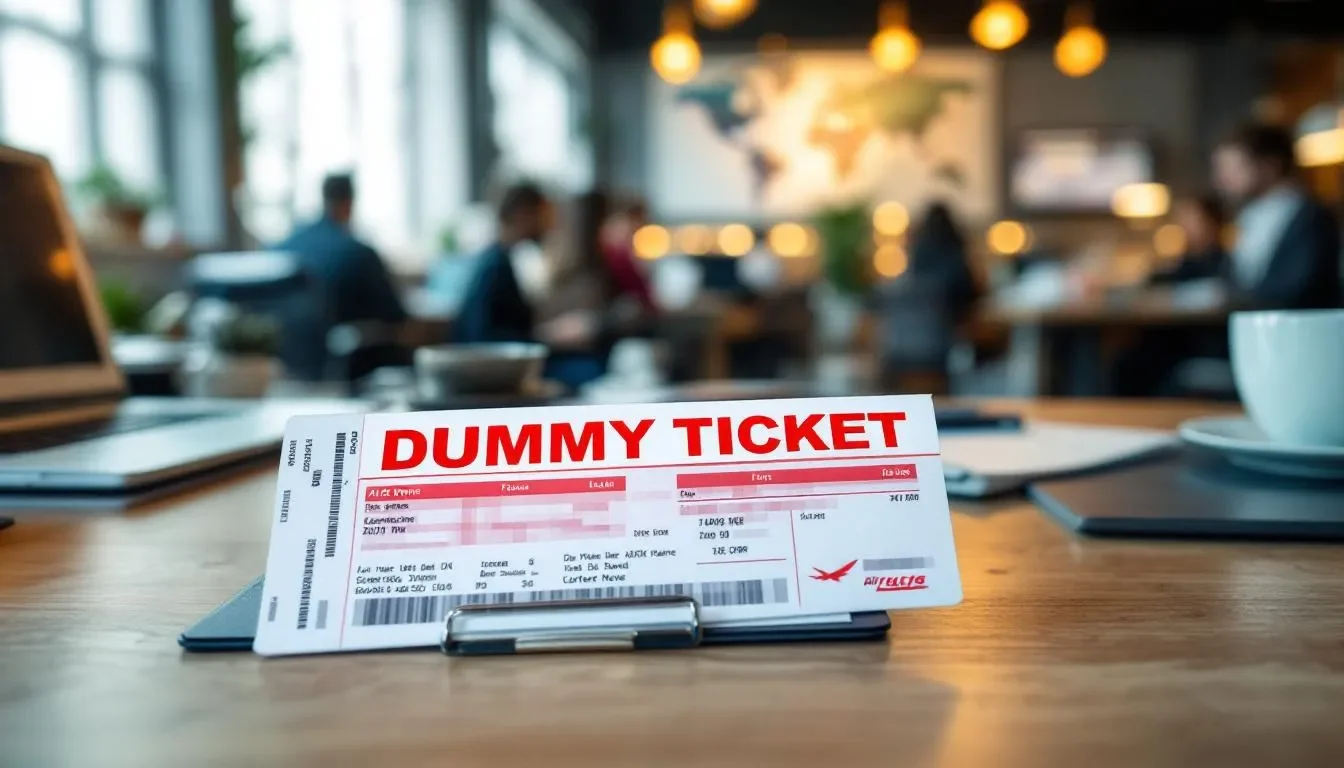
When you apply for a visa, the embassy wants proof that you plan to go back home.
They’re not just approving a trip—they’re checking your intent.
A dummy ticket helps you do that. It clearly shows your return date, destination, and exit plan.
That simple document gives visa officers confidence that you won’t overstay in the destination country.
It’s not personal—it’s protocol. Visa fraud is real. Overstaying is common. So, embassies look for any red flags. No proof of return? That’s a big one.
It’s a Standard Requirement in Many Countries
If you’re applying for a visa to:
- Schengen countries like France, Germany, or Italy
- USA, UK, or Canada
- Gulf countries like the UAE, Saudi Arabia, or Qatar
- Southeast Asia, including Thailand, Indonesia, and the Philippines
You’ll almost always need a dummy ticket. Sometimes, even if you have a visa, immigration officers will still ask to see it when you land.
They want to know:
Where are you going next?
When are you leaving?
A dummy ticket answers that clearly and professionally.
It’s Also Useful Beyond Visa Applications
Many travelers use dummy tickets for more than just embassy requirements.
You might need one for:
- Immigration checks during transit
- “OK to Board” approvals for Gulf countries
- Passport renewals
- Exit visas in GCC countries
- Car rentals in certain international locations
So whether you're applying for a tourist visa or just passing through a country with strict entry rules—
Having a proper dummy ticket can save you from delays, denials, or worse. Select flight routes for dummy tickets that avoid layovers in countries requiring transit visas for your nationality.
Dummy Ticket vs. Real Flight Ticket
Let’s make this simple.
A dummy ticket is a temporary flight reservation.
A real flight ticket is paid for and meant to be used for actual travel.
They might look similar, but the purpose and cost are very different. You use a dummy ticket for documents only. You use a real ticket when you're ready to fly.
Here’s the breakdown:
|
Feature |
Dummy Ticket |
Real Flight Ticket |
|---|---|---|
|
Use Case |
Visa applications, immigration checks |
Actual air travel |
|
Cost |
Low ($10–$50) |
High (depends on route and airline) |
|
Refundability |
Not refundable |
Sometimes refundable (with fees) |
|
Validity |
24 hours to 3 weeks |
Valid until check-in or departure |
|
Legal Risk |
None, if verifiable |
None, if used properly |
Dummy tickets help you avoid the financial risk of booking a real ticket before visa approval. Why spend hundreds of dollars on a flight you might never take? For an affordable alternative, you might explore dummy ticket services from DummyFlights.com that offer similar verifiable options.
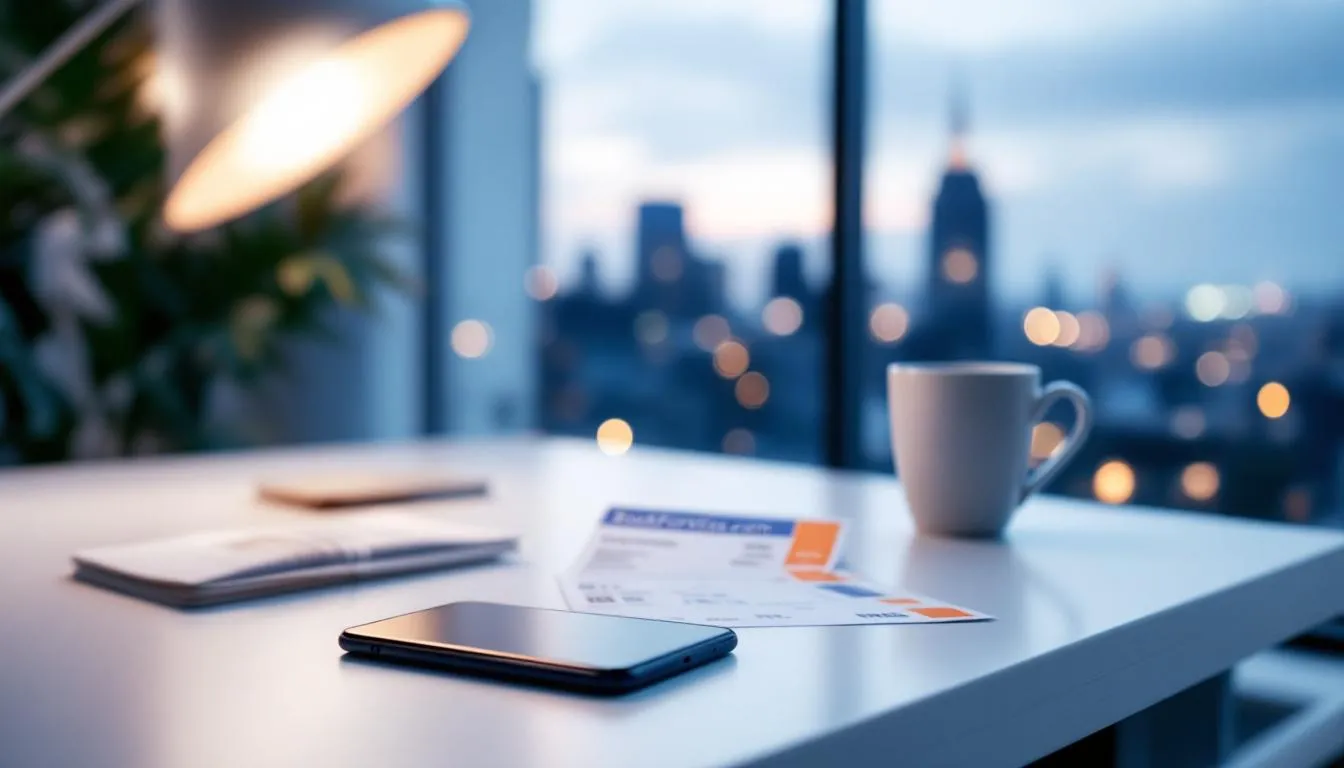
Embassies don’t expect you to commit to real travel plans before they approve your visa. They just want to see proof that you intend to travel.
That’s what a dummy ticket provides. So if you’re still waiting for your visa and want flexibility, this is the smarter move. Later, when your visa is approved, you book the real flight. It saves you time, money, and unnecessary stress.
Dummy Ticket vs. Fake Ticket
Here’s where things get risky. Not all tickets that “look” real are created equal. Some are legitimate dummy reservations. Others are completely fake, and they can cause serious trouble.
Let’s clear it up.
A dummy ticket is a real reservation. It has a valid PNR (Passenger Name Record) that shows up in airline systems. You can usually check it yourself on the airline’s website. Most big airlines like United Airlines, Air Canada, Qatar Airways, Air France, Air India, and Air Asia allow you to confirm it.
A fake ticket is just a document. It may look nice, but it’s not linked to any actual booking. Most are created using templates, PDF editors, or Photoshop.
Using a fake ticket is not just dishonest—it’s dangerous. Embassies, airlines, and immigration officers often verify reservations.
If they check yours and can’t find it? That’s a red flag. You could face:
- Visa rejection
- Being banned from applying again
- Fines or legal issues in some countries
- Wasted money if you paid a scammer for the fake
So, how do you tell the difference?
- No PNR or invalid reservation code
- Wrong airline or route details
- The ticket isn’t verifiable on airline websites
- Cheap-looking design or typos
- No customer support or contact info
- “Guaranteed visa” claims (huge red flag)
If a provider can’t let you check the reservation, don’t trust them. Using a fake ticket isn’t just a mistake—it’s a risk not worth taking. A dummy ticket, booked through the right service, keeps you safe and on track.
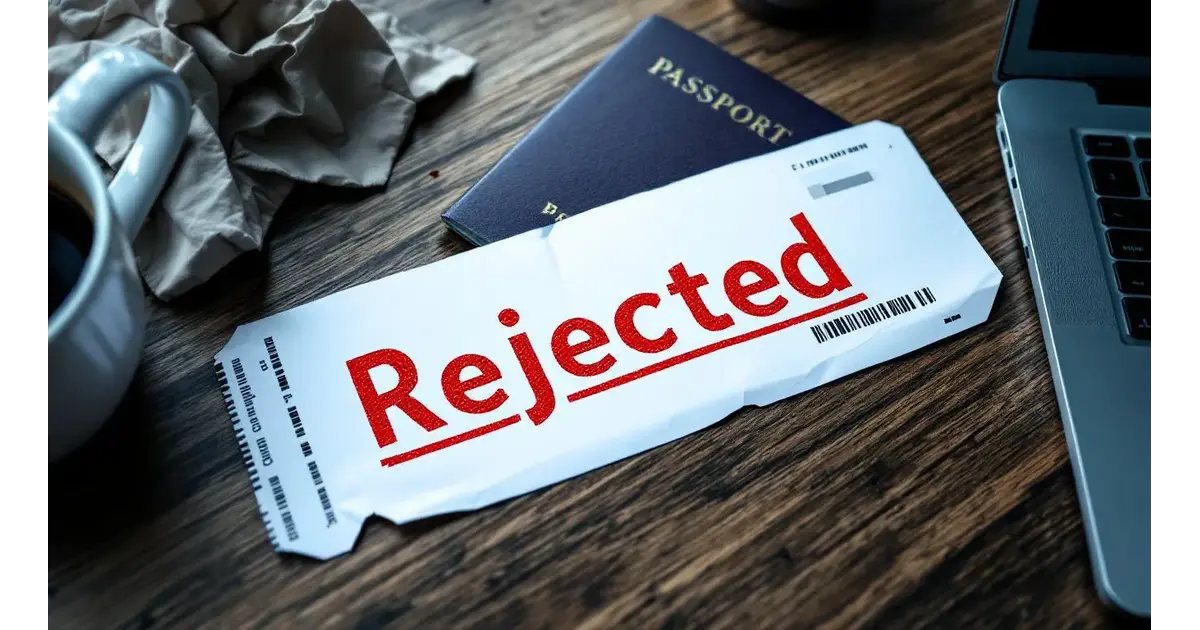
Is a Dummy Flight Ticket Legal?
Yes—it’s 100% legal if the ticket is real and verifiable.
A dummy air ticket isn’t a fake document. It’s a legitimate, verifiable flight reservation made through an airline system.
It includes a real PNR (Passenger Name Record) and looks just like a real ticket—because it is one.
The only difference? It’s not paid in full, and you’re not planning to fly on it.
Travel agents and visa consultants use a dummy ticket booking every day for clients. Even airlines allow temporary holds for the same purpose.
Where people get into trouble is when they use edited PDFs or fake bookings that don’t exist in any airline database. That’s forgery—and that is illegal.
So here’s what you need to know:
- Real dummy ticket = legal
- Fake or altered document = illegal
Still, every country has different visa rules. Some embassies accept a dummy hotel booking and an air ticket. Others might ask for a fully paid ticket.
Always double-check the embassy’s latest requirements before submitting your documents.
And if you’re not sure—ask. It’s better to be safe than sorry.
Bottom line: A genuine dummy ticket is legal, safe, and widely accepted—as long as you get it from a trusted source.
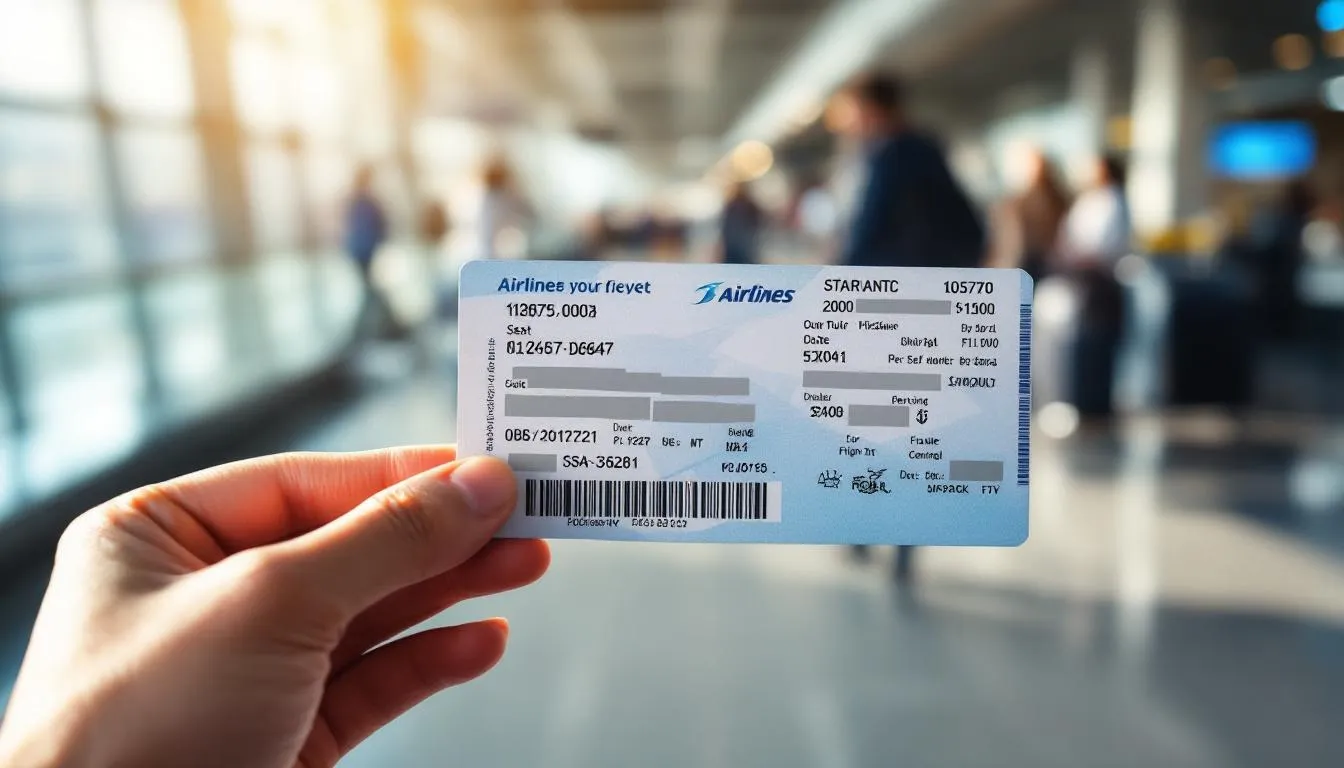
When You Actually Need a Dummy Ticket
Not every trip requires one, but if you're applying for a visa or crossing strict borders, a dummy ticket can save your entire plan.
Here’s when you should absolutely consider using one:
Visa Application Proof
This is the most common use case.
Whether it’s for a tourist, student, work, or business visa, embassies often ask for proof of flight.
You’re not expected to book the specific flight upfront. A dummy ticket solves that.
One-Way Flights
Flying one-way to a country? Immigration might flag you if you don't have a round-trip ticket.
Many countries want to see a flight reservation for return or onward travel, even if your visa doesn’t require one.
Airlines may require proof of onward travel before allowing boarding on one-way flights.
Uncertain Travel Plans
Maybe you’re not sure when you’ll leave. Or where you’ll go next.
Why commit to a non-refundable ticket? A dummy ticket buys you time.
Digital Nomad or Long-Term Visas
If you’re applying for long-stay or remote work visas, dummy tickets help you submit a complete application, without locking in rigid dates.
Last-Minute Appointments
Visa appointment tomorrow? Need flight proof fast? Dummy tickets can be generated within minutes—perfect for tight timelines.
When your travel plans aren’t final or your visa isn’t approved yet, a dummy ticket gives you flexibility without risking your wallet. There are a few more reasons when you may need a dummy flight ticket but we have covered the main ones here. For families applying together, dummy tickets prevent financial loss on multiple bookings if the visa is denied; for first-time travelers, they provide reassurance without upfront commitment. For students awaiting I-20 or enrollment confirmation for education visas. For group applications, ensure consistent dates and details across all tickets. For frequent applicants like professionals, one invalid document can create long-term hurdles.
What Does a Dummy Ticket Include?
A dummy ticket may not be a paid booking, but it’s a real reservation that looks just like an actual flight ticket.
Here’s what a proper dummy ticket includes:
- Full Passenger Name
- Exactly as it appears on your passport
- PNR or Reservation Code
- This is the unique booking number used to verify the ticket (typically a six-character alphanumeric code)
- Flight Number
- For example, EK612 for Emirates
- Departure and Arrival Cities
- Example: JFK → CDG
- Dates and Times of Travel
- Including time zones if needed
- Airline Name
- Such as Qatar Airways, Singapore Airlines, Turkish Airlines, etc.
- Optional travel Details (based on provider):
- E-ticket number
- Class of travel
- Ticket price
- Layovers or connection details
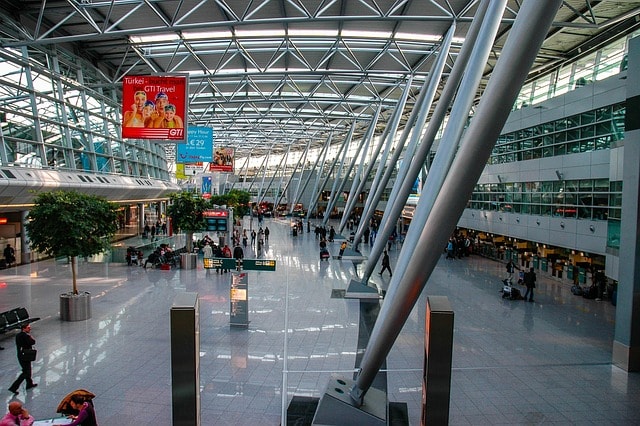
This is the exact information most embassies and immigration officers look for.
If your dummy ticket is missing any of these—especially the PNR—you could run into problems.
You should always be able to check the reservation online through the airline’s booking form or “Manage Booking” tool.
That’s how you know the ticket is real and safe to use. And that’s why getting your dummy ticket from a trusted source matters so much.
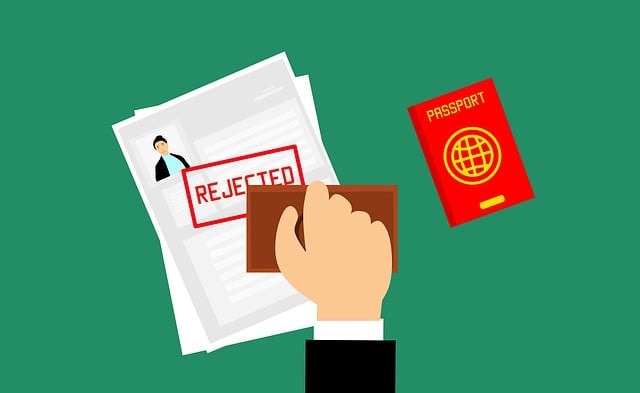
How Long Is a Dummy Ticket Valid?
Most dummy tickets stay valid for 24 to 72 hours. That’s enough time to attend your visa appointment, upload your documents, or get past immigration if needed.
Some can last longer—up to two or even three weeks—but this depends on several factors. Airlines have different reservation policies. Some allow longer holds depending on the booking class or route. Others auto-cancel much faster. The closer your travel date, the shorter the hold tends to be.
That’s why you should never book your dummy ticket too early. If you book a week before your visa appointment, the reservation might expire before you even get to the embassy.
The sweet spot? Book your dummy ticket about one to two days before your appointment or submission. This gives you enough time to get your paperwork in order and submit a valid, active ticket. Issue dummy ticket within 48-72 hours of submission for freshness and verifiability.
If your plans change or the embassy delays your process, some services let you refresh the reservation or issue a new one. But not all do—so always ask before you buy.
Timing matters. A dummy ticket that’s expired when checked could make your entire visa file look suspicious. It’s not worth the risk. Book smart, and book close to your actual appointment date. Not suitable as a long-term placeholder due to short hold periods.
Can Airlines or Embassies Verify Dummy Tickets?
Yes, they absolutely can—and they do.
A real dummy ticket includes a PNR, also known as a reservation code. That code is key. With it, anyone can check your booking directly through the airline’s website. Just go to the “Manage Booking” or “My Trips” section, enter the PNR and last name, and the reservation details appear instantly.
Some airlines only allow verification through Global Distribution Systems (GDS), which are the same systems used by travel agencies and visa officers. Embassies and consulates have access to these tools. They use them to confirm if the reservation exists and matches the info on your documents.
PNR can be verified using tools like CheckMyTrip, TripCase, or Amadeus.
Looks don’t matter here. Even if your dummy ticket looks perfect on paper, it’s worthless if the PNR doesn’t work or leads to a dead end. That’s why using a trusted provider is so important. Real ticket. Real system. Real verification.
And yes, some embassies run random checks. If your file is flagged and they find out the ticket isn’t real, that could lead to a visa rejection or even a blacklist entry. Don’t risk that just to save a few bucks.
If your dummy ticket is legit, there’s nothing to worry about. Let them check. That’s what it’s made for.
Self-confirm PNR on airline's "Manage Booking" page prior to submission.
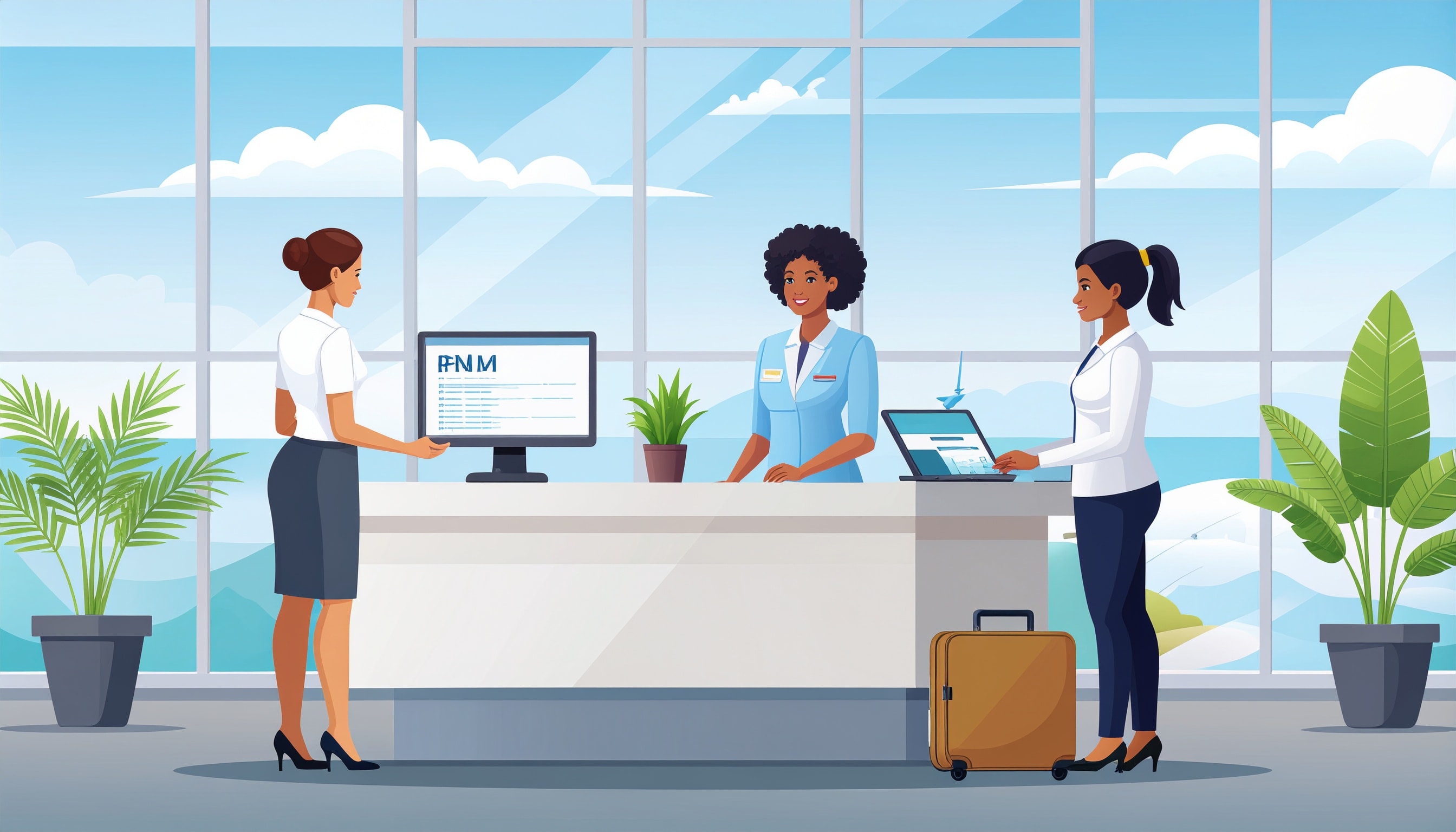
The reservation status in dummy tickets is typically "reserved" or "on hold," adequate for visa proof. Verify the PNR on the airline's website before your embassy appointment to ensure active status; print the ticket on A4 paper, highlight the PNR, and carry both printed and digital copies. If the officer asks about verification, explain how to check the PNR on the airline's website. Embassies may call the airline directly for confirmation in some cases. Officers perform quick formatting and consistency checks for irregularities like wrong codes or mismatched details. Verification does not always occur; it may happen only for suspicious cases or random spot checks. Not every dummy ticket is checked, but embassies can verify at any time, creating unpredictable risk for unverifiable tickets. Avoid assuming safety based on others' unverified experiences; always use verifiable PNRs.
How Dummy Tickets Save You Money and Stress
Visa applications can already be expensive, especially when you're not sure if your trip will happen. Buying a real ticket on top of that only adds pressure. If your visa is denied, you’re stuck trying to cancel, beg for a refund, or lose money completely.
Dummy tickets eliminate that risk.
You get a real-looking flight reservation without paying for the full fare. That means you don’t tie up hundreds or even thousands of dollars just to prove your intent to travel. You avoid cancellation penalties and last-minute fees.
Plus, dummy tickets give you flexibility. Once your visa is approved, you’re free to book any real ticket that fits your actual plans. Maybe your dates change. Maybe you find a better deal. You stay in control, not locked into something you had to buy early.
They also offer peace of mind. While you wait for approval, you know your file is complete. No gaps. No missing documents. No reason to panic at the last minute.
Here’s a simple way to look at it:
|
Option |
Cost |
Flexibility |
Risk if Visa Denied |
|---|---|---|---|
|
Real Ticket |
$$$ |
Low |
High |
|
Dummy Ticket |
$15 |
High |
None |
A dummy ticket gives you what you need—nothing more, nothing less. And that’s exactly why it works. If you’re ready, you can order your dummy ticket here now.
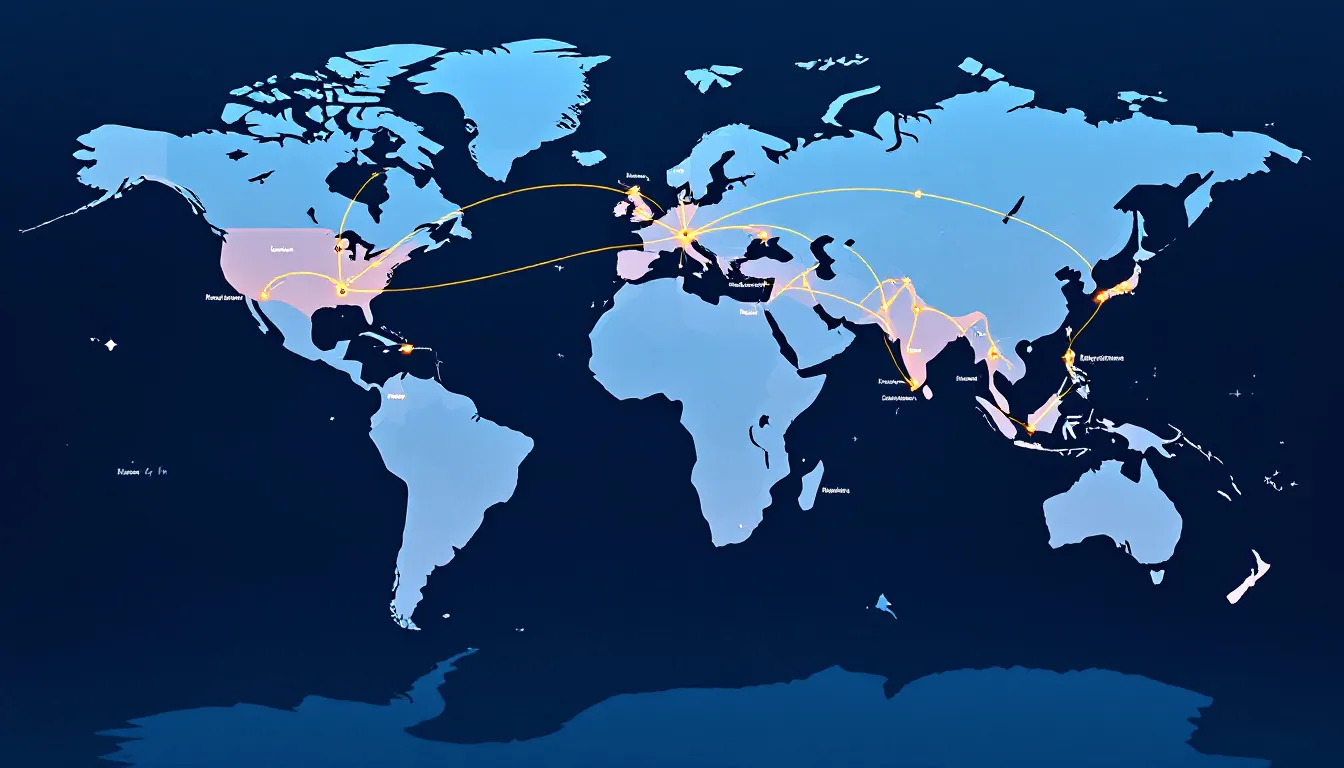
Warning Signs of Scam or Fake Dummy Tickets
Not all dummy tickets are created equal. And some are outright scams.
Be cautious of sites offering “free” dummy ticket generators. Real reservations can’t be created for free. These tools usually spit out fake-looking PDFs that won’t pass even a basic check.
If there’s no option to verify your booking, walk away. You should always be able to check your ticket through the airline’s website or a valid PNR lookup tool.
Watch out for mismatched passenger info, broken layouts, or missing flight details. These are all red flags. Mismatched dates between ticket and application can trigger officer questions or delays.
Avoid sites that promise “guaranteed visa approval” or offer deals that seem too good to be true. Legit providers never make such claims. Your visa depends on more than just one document.
Do not attempt to use a dummy ticket for boarding, as it is not valid for actual travel.
Avoid providers promising permanent holds or guaranteed visa approval.
Potential data theft or unauthorized charges from unverified vendors.
Lastly, always check the refund policy and contact information. If there’s no real support, you’re likely on a shady site. Stick to trusted sources. Your visa depends on it. Submitting fabricated documents can lead to blacklisting, affecting future applications across regions.
Submitting an unverifiable dummy ticket is considered misrepresentation, which can trigger notes in your record and complicate future submissions. In group or family applications, a failed verification on one ticket can raise suspicion across the entire submission. A record linked to invalid documents may prompt ongoing scrutiny in future visa reviews, eroding applicant credibility. Misrepresentation flag can affect future applications by raising ongoing doubt, even with perfect documents later.
Reservations from unverified sources may be edited PDFs not in airline databases, leading to trouble.
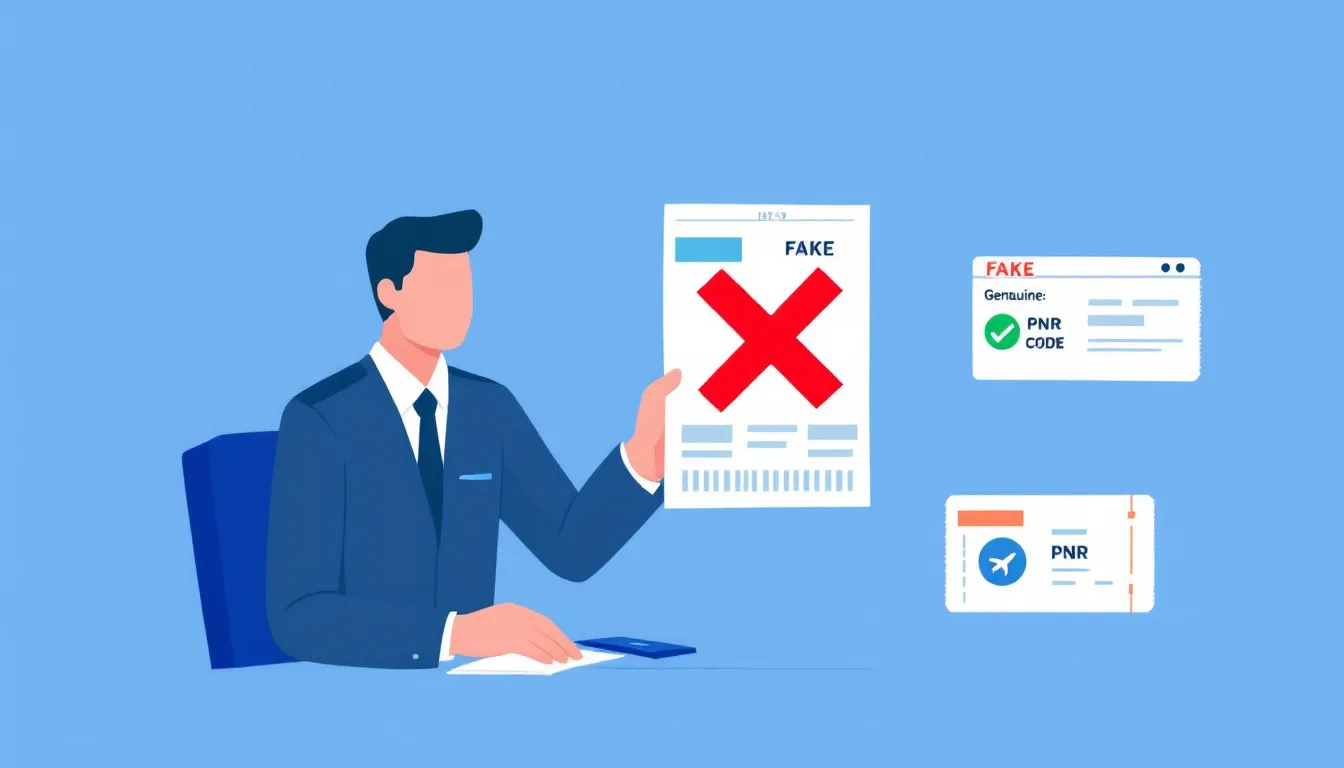
Can You Modify or Reuse a Dummy Ticket?
Dummy tickets aren’t one-size-fits-all. Most are valid for one-time use only.
Once the reservation expires, it can’t be reused for another application. That’s because dummy tickets are based on temporary holds, not flexible bookings.
Some services allow small changes—like date or route adjustments—but only within a short time after the original booking. It depends on the provider and the airline used. Choose a provider that offers unlimited date changes to maintain document consistency throughout the visa process.
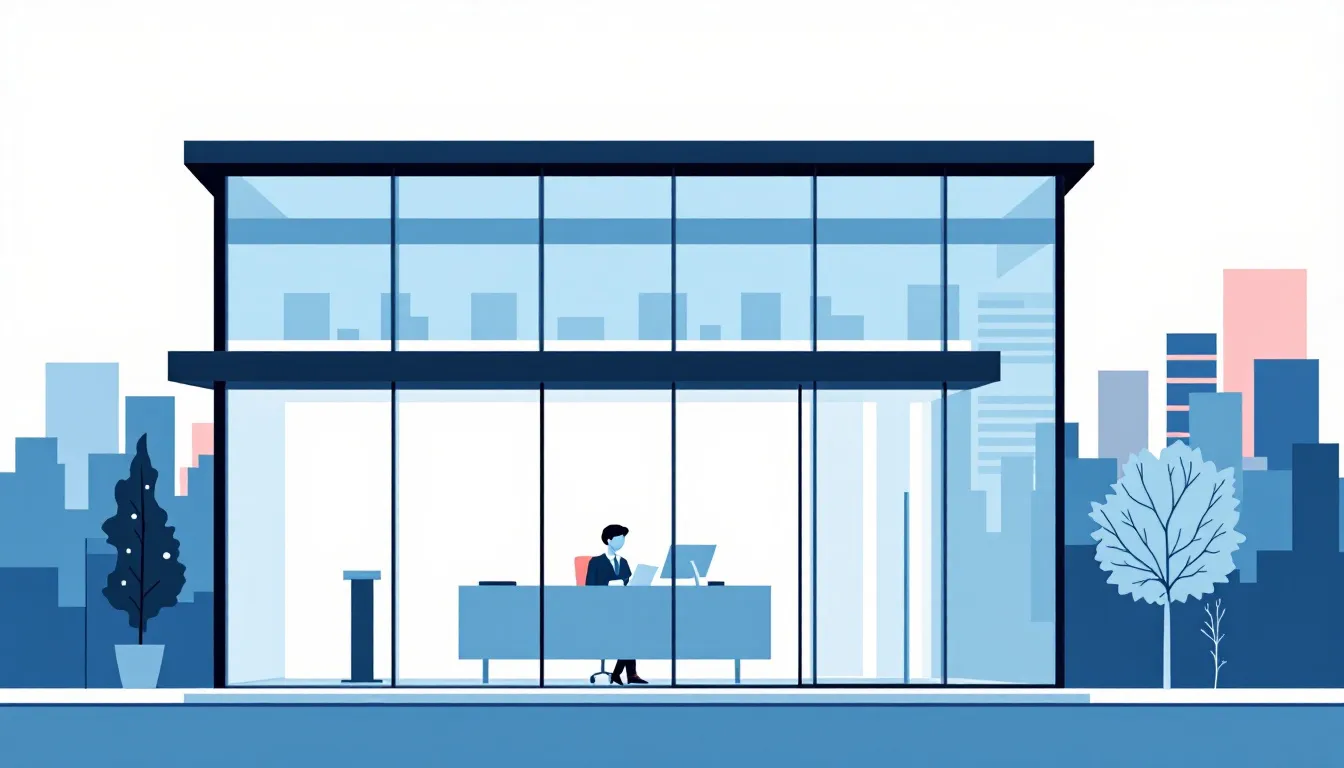
Reusing dummy ticket can cause delays due to expired PNR triggering extra embassy checks. Officers may escalate reused bookings for manual verification, prolonging process. Embassies flag inconsistencies like mismatched dates or repeated PNRs during routine checks. Reused ticket may lead to requests for additional documents or outright visa refusal if unverifiable. Recycling old ticket risks loss of application credibility, complicating future submissions.
Reusing a previous application's ticket after refusal fails if PNR expired, requiring fresh one. Sharing same ticket among applicants raises flags when PNR appears in multiple files. Mismatched travel dates between reused ticket and new application prompts scrutiny.

If you think you’ll need changes later, ask before you buy. Don’t assume you can reuse it for every visa or appointment.
Need another visa? Get a fresh dummy ticket for that specific use. It’s the only way to make sure your documents stay valid and verifiable. Use fresh ticket for each submission to ensure active, verifiable PNR. Verify name matches passport exactly and avoid sharing bookings, even in groups.
It’s always better to get a new one than to risk reusing something that’s expired or no longer shows up in the system.
For rescheduled embassy appointments, delayed processing, or shifted personal plans, request a date-change reissue (often free) to obtain an updated reservation with fresh PNR matching new timeline. For example, a postponed visa interview can be accommodated by updating the dummy ticket travel dates instantly to keep documents aligned and avoid officer questions on mismatches.
Travel Smarter With Dummy Tickets
Dummy tickets are a smart way to handle visa requirements—without draining your wallet or taking risky shortcuts.
They’re legal, flexible, and easy to get if you use a trusted source. You avoid costly real-ticket purchases, cancellation headaches, and unnecessary stress.
The key is to make sure your ticket is real, verifiable, and tailored to your needs. Don’t fall for fake PDFs or shady promises. They’ll hurt your chances, not help them. As an additional resource, consider DummyFlights.com for obtaining a quick and reliable dummy ticket.
Use only if embassy accepts reservations; opt for paid ticket if fully paid proof is mandated.
Not always required; check specific embassy requirements first.
A dummy ticket does not guarantee visa approval.
Not a boarding pass; cannot be used to board a plane.
Travel smart. Play it safe. And always choose the option that protects your time, money, and peace of mind.
👉 Need one now? Get a verified dummy ticket in minutes at DummyFlights.com. You can also learn more about us, read our blogs, or get answers in the FAQ.
Need It Today? We’ve Got You.
Order a real airline reservation with verifiable PNR — perfect for embassy requirements.
⭐️⭐️⭐️⭐️⭐️ “Ordered at the consulate — confirmation arrived in 8 minutes. Smooth submission, no issues.” — Sofia T.
Dummy Tickets: Commonly Asked Questions
Is a dummy ticket still valid for visa in 2026?
Yes, if verifiable with a real PNR.
How can I make a dummy ticket match my visa travel dates?
Choose dates that align with your hotel bookings and itinerary, and use a provider that offers unlimited date changes.
What is the format of a dummy ticket?
Provided as a PDF for easy submission.
What if my travel plans change?
Unlimited revisions available for dates or routes.
Is it safe to use a dummy ticket for a visa?
Yes, if obtained from a trusted source with a verifiable PNR.
Can I get my dummy ticket instantly?
Yes, within minutes to a few hours after payment.
Will the embassy call the airline?
Embassies can verify online using the PNR, though calls are rare.
Can I use it for airport check-in?
No, it's for visa purposes only, not actual travel.
What happens if my dummy ticket expires?
Get a new one if needed, as most last 24-72 hours.
Can I book hotels the same way?
Yes, dummy hotel bookings are available for visa proof.
How do I pay for a dummy ticket?
Via cards, PayPal, or bank transfers, depending on provider.
Why not just buy a real ticket?
It's risky and costly before visa approval; dummy saves money.
Are dummy tickets legal?
Yes, when genuine and verifiable in airline systems.
Can I change the date on my dummy ticket?
Yes, many providers allow changes if plans shift.
Are dummy tickets refundable?
Typically non-refundable but low-cost.
Do airlines charge for dummy reservations?
Direct holds often free, but agency services may have small fees for extended validity.
Can I get free dummy tickets?
No, they lack verifiability for embassies.
Do embassies accept one-way dummy tickets for visa?
Yes, many embassies accept one-way dummy tickets for visa applications, especially when the visa type does not require a confirmed return.
When should I use a one-way dummy ticket instead of a round-trip?
Use a one-way dummy ticket for visas that do not require proof of return, such as work or immigrant visas. For tourist or short-term visas, round-trip is preferred.

